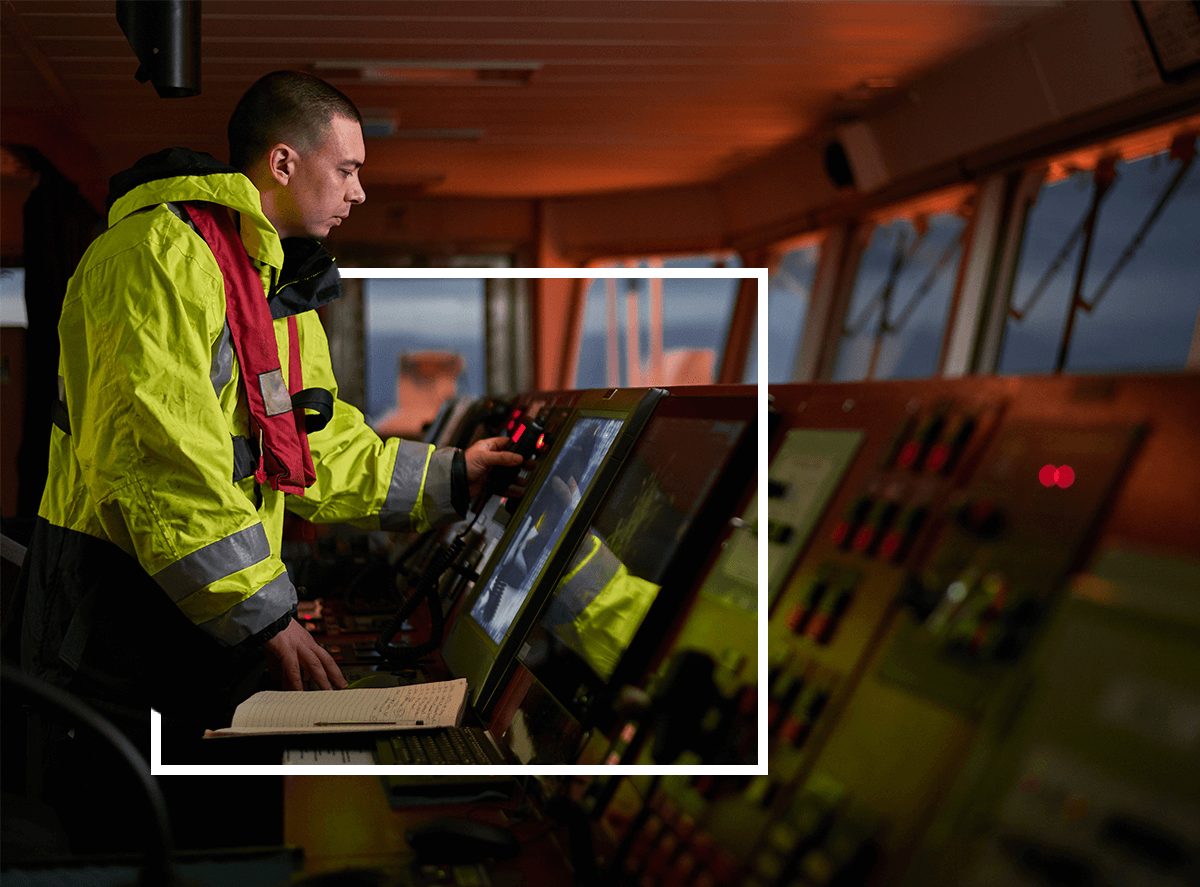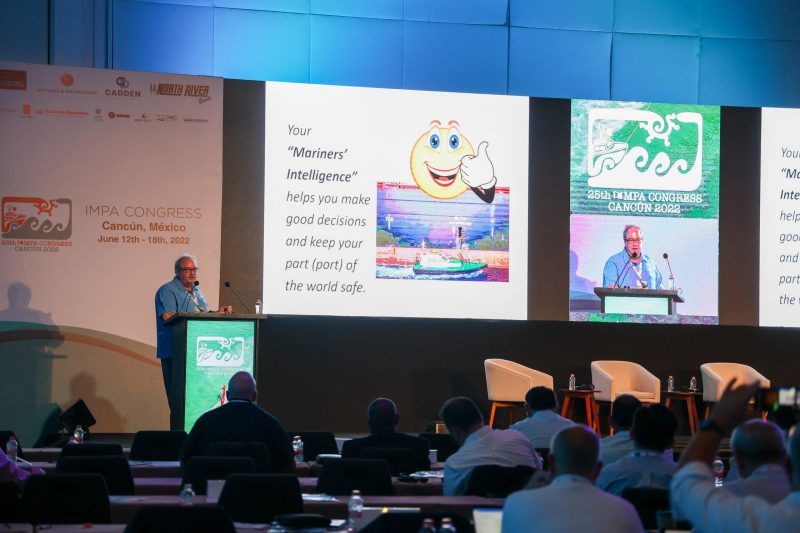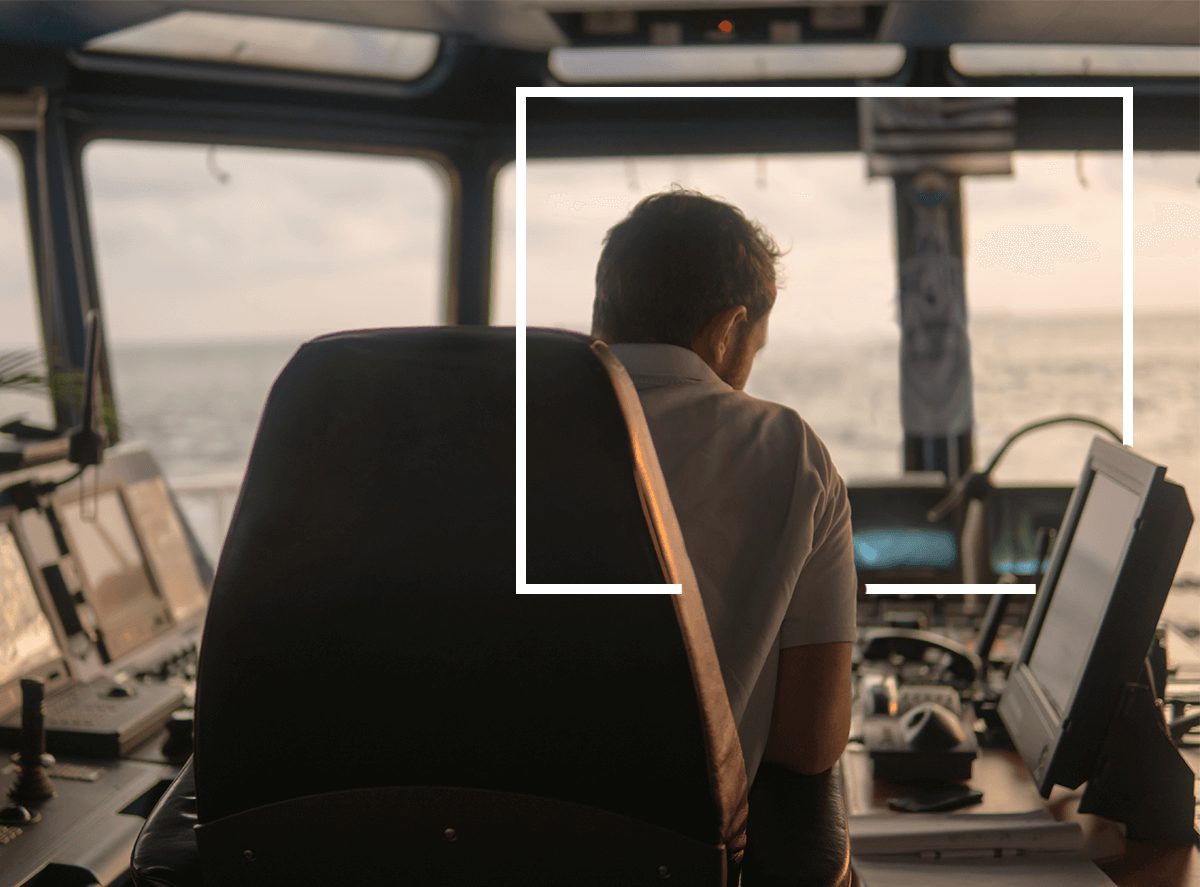Earlier this month, MITAGS Director of Business Development, Captain Jonathan Kjaerulff presented at NAVTECH 2021.
His presentation, titled “Training the Future Mariner,” along with other presentations from the event, can be downloaded by clicking here.
Captain Kjaerulff’s presentation focused on navigating the transition with emerging technology in the maritime industry, as we are in the middle of a once in a generation change in how people and ships work together.
Starting with the history of the steamboat through to the creation of autonomous ships and the developing role of artificial intelligence in the maritime industry, Captain Kjaerulff covers various topics including, will AI help mariners to operate more safely or will it replace them?
He also discusses defining the new skills needed during this transitional period and beyond, and our obligation as mentors and instructors to train the future mariner to the same high standards we expect of ourselves and our shipmates, while at the same time encouraging them to learn and master new ways of sailing the seas.
Photo courtesy of Navtech and Nicolas Alvarado, 2021
Related Posts

Like many sectors, the maritime industry is embracing modern technology to advance and streamline operations. Individuals working and studying in this field should understand how implementing new technology changes operations for better preparation and adoption. What Is AI and Machine Learning? Artificial Intelligence (AI) software solutions collect data and discover patterns. Information collection offers insights […]

MITAGS Director of Business Development Captain Jon Kjaerulff recently attended the International Marine Pilots Association (IMPA) 25th Congress, held in Cancun, Mexico on June 12-18, 2022. This event is held every two years at different locations all over the world, and is a chance for Pilots from around the globe to meet, share ideas, […]

Maritime transport is a pivotal component in the world economy, with the vast majority of world trade goods and materials transported by sea annually. With the demand for goods increasing yearly, the maritime industry must continuously look for and develop innovative solutions and technologies to streamline the supply chain and offer efficient procedures, strategies, security, […]



